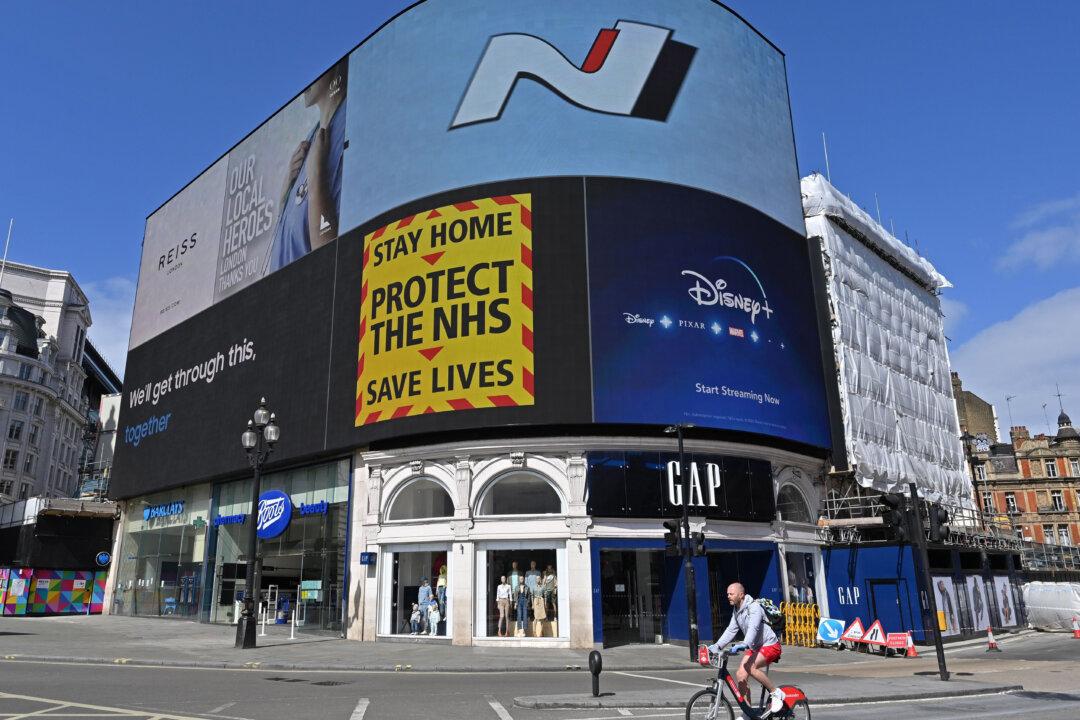Behavioural science has been used inappropriately during the CCP virus pandemic to scare the public into complying with the rules, a former leading member of the government’s controversial “Nudge Unit” said.
Simon Ruda, a co-founder of the Behavioural Insights Team (BI)—the UK government’s original nudge unit before its privatisation and global expansion—questioned if behaviour science has inadvertently been used to sanction “state propaganda” during the crisis.





